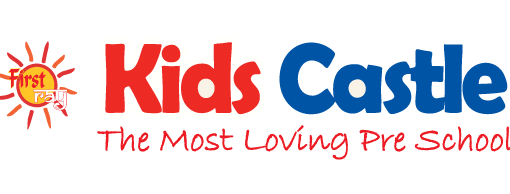What happens to you when you hear someone say – Once upon a time?
Do you involuntarily lean forward? Stories transport us into a magical world!
Most of us grew up listening to stories from our parents, grandparents, and family.
The purpose of storytelling could be different; it could be to have the child eat their food or lull them to sleep, or it could be to explain a concept.
The stories themselves may be varied – They could be religious, moral, the Panchatantra stories, or Aesop’s fables!
Stories almost always have a significant impact on kids, whatever the method and purpose.
Children love stories. Why just children? We adults, too, love stories, which is why we watch movies or read novels.
Stories have the power to elevate the mood for the better. Be honest with yourself; as a parent, are you telling stories to your child?
Benefits of Storytelling:
Let us understand why stories are an essential part of kids’ cognitive development.
Stories ignite curiosity and improve imagination in kids. Not just that, it improves memory and language skills and serves as an education.
Stories have been a significant aspect of passing history and traditions in many cultures worldwide, including ours.
It improves interactions with your children and is a fun way to spend quality time with them.
Is your child not eating? Tell them a story, and they will eat.
Is there an awkward concept that you need to explain to them? Tell it via a story.
The net result will be improved bonding with your kids.
Improves language skills
Being able to speak well is an asset, and storytelling is a fun way for your child to learn different words, syllables and sounds they may not hear in daily conversations. Your child will know how to pronounce complex words and begin to recognise how sentences should be organised. Reading stories at their bedtime is a good practice to cultivate.
Boosts memory
You will be surprised how quickly kids become adept at remembering the plot, characters, and important details. Due to the busy schedule, parents tend to be directive or descriptive in their interactions with the kids in their daily lives. However, if they ask the child what they liked about a story (that they heard), it will encourage them to narrate it in their way. It will also make them pay better attention in future.
Fosters creative thinking
A creative parent can use simple props and visual aids to help them imagine characters and settings. You can also create this into an opportunity for the kids to play-act! Keep the plots simple and let them experiment.
Based on the plot, the children begin asking themselves questions: “Who did it?” “Why did he do it?” or “What will he do next?”. Enacting a story will help them plan; they will probably bring in twists and turns, which the original story did not have.
Cultivates cultural understanding
Depending on the story, children will learn valuable cultural and moral lessons. It helps them learn about their cultures in a fun way.
At KidsCastle, we strive to provide a holistic environment for learning and development for your child; hence we incorporate storytelling into your child’s daily routine. In the next blog, we will discuss what kind of stories you can tell your children. We will also discuss some activities encouraging your children to tell their stories!

